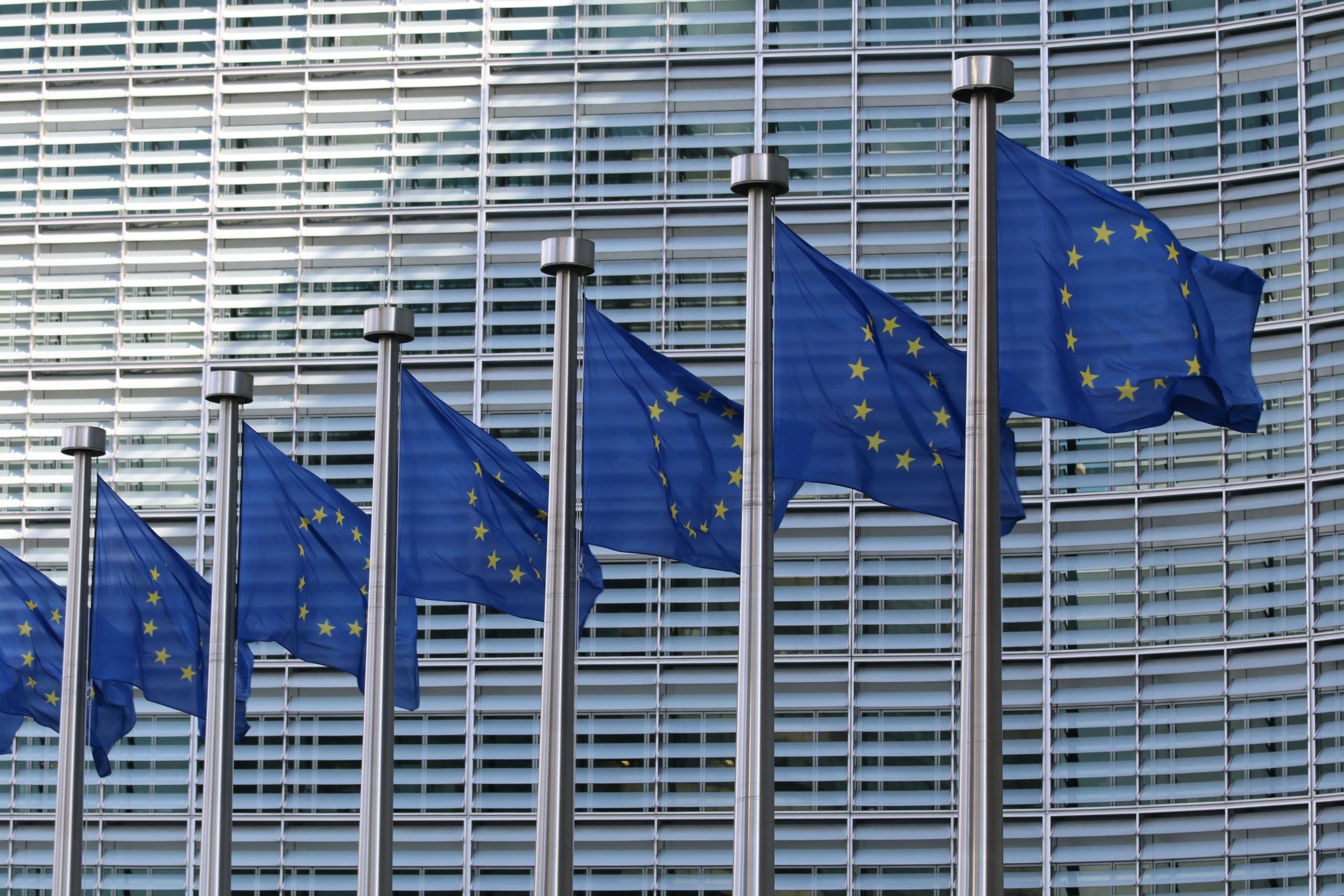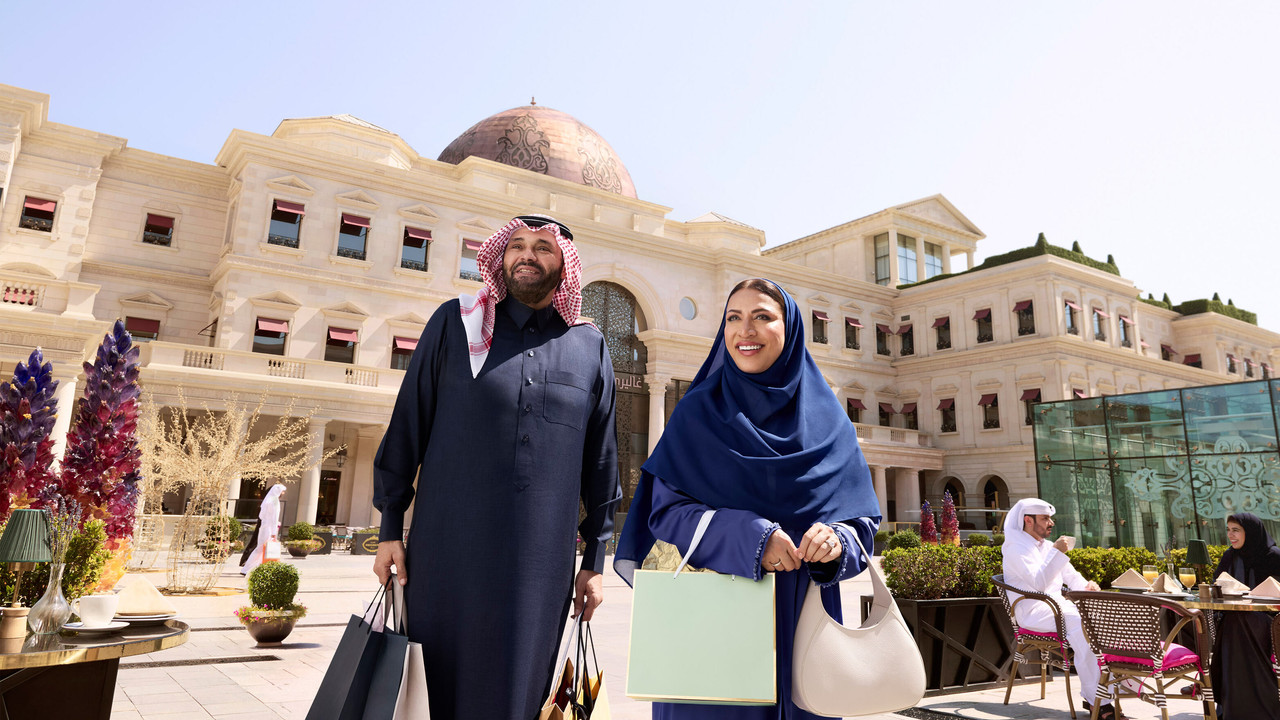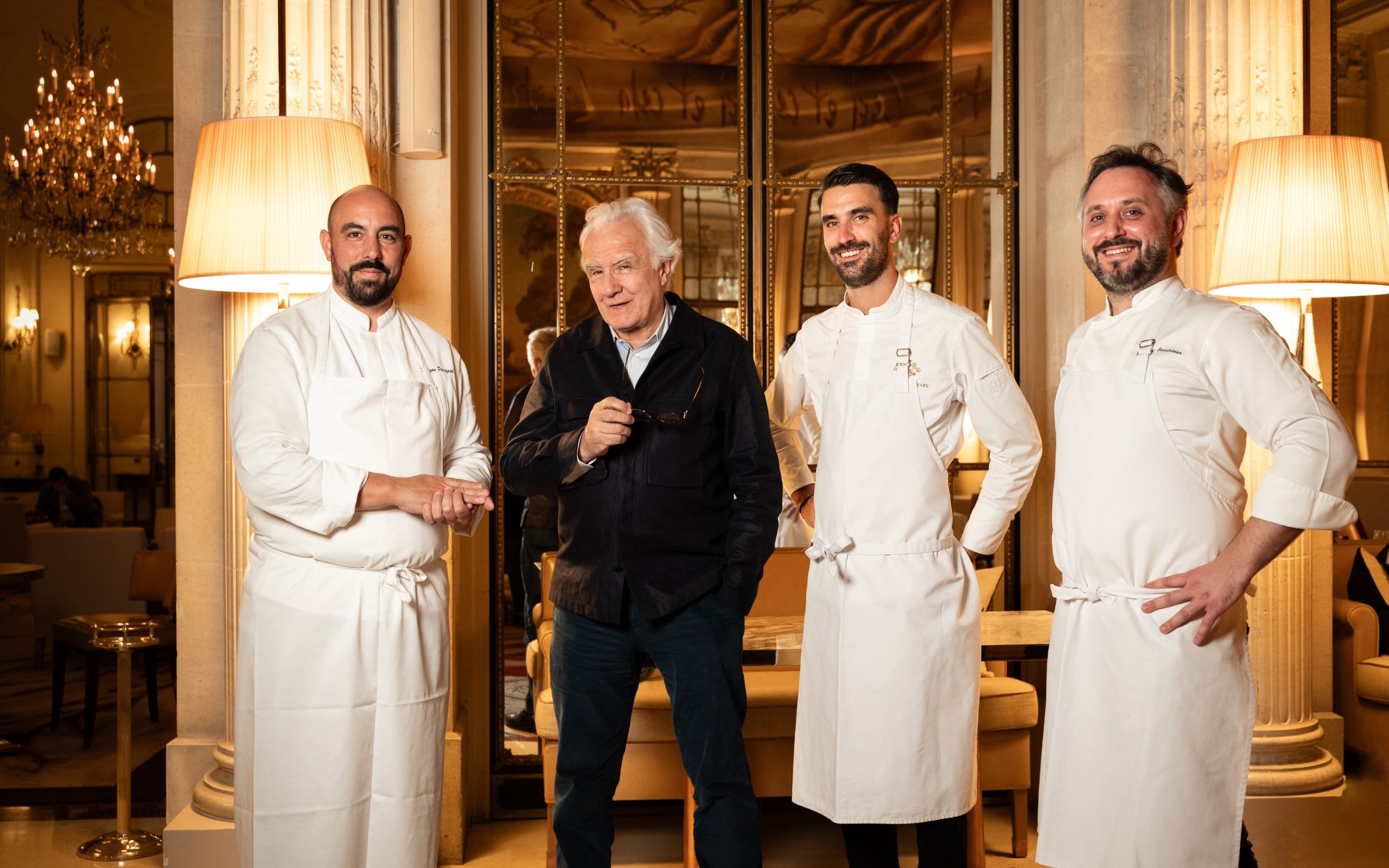MEPs impose stricter regulations on income declaration, gift limits, and former colleagues as trust in European institutions wavers.
The European Parliament has promptly introduced heightened transparency measures as a response to a damaging corruption scandal that implicated members of Parliament in an alleged bribery affair with Qatar and Morocco.
Under the newly adopted guidelines, Members of the European Parliament (MEPs) are now obligated to disclose all paid work activities if their additional income surpasses €5,000 (approximately $5,365).
These stringent regulations, overwhelmingly approved in a vote on Wednesday, aim to uphold integrity within the EU’s legislative body.
There is a comprehensive ban on interactions with former MEPs who left their positions within the last six months. MEPs will also be prohibited from receiving gifts exceeding €150 (about $161), with any gifts surpassing this threshold required to be surrendered to the president of the parliament.
To ensure transparency, MEPs must also report any events they attend where expenses are covered by external entities.
Roberta Metsola, the President of the European Parliament, expressed her satisfaction with the rapid implementation of these measures on the X social media platform, stating: “Proud that in record time, we took unprecedented decisions to strengthen integrity, independence and accountability.”
The European Parliament’s biggest scandal in history first emerged in December last year when Belgian authorities raided the houses of six MEP’s. Reports at the time said authorities had confiscated over $1.6 million in cash from their residences.
Prosecutors alleged the money was being used to help influence the European Parliament’s policies and decisions over Qatar and Morocco.
However, the Gulf state has repeatedly rejected such claims and has called on all parties involved to avoid dragging its name into the scandal.
Among those apprehended, four individuals, including a Greek MEP and the former European Parliament vice president, Eva Kaili, were charged with “criminal organisation, corruption, and money laundering,” while the remaining two were released.
The scandal led to the European Parliament’s decision to suspend all legislative work related to Qatar, and barred its representatives from accessing parliamentary premises.
Laurent Kennes, legal representative acting on behalf of an Italian MEP implicated in the European Union corruption scandal, affirmed that Qatar did not actively seek out connections with members of the EU.
In an interview with RTBF, Kennes asserted that MEPs, including his client Pier-Antonio Panzeri, independently approached Qatar to offer lobbying services for the Gulf nation in Europe.
Asked whether Qatar had taken “advantage of Morocco’s corruption networks” to get in touch with Panzeri, Kennes provided a definitive response.
“No. Qatar has not made any proposals to MEPs. They made themselves approachable but they did not make an offer,” he said.
In January, Qatar’s Prime Minister and Foreign Minister Sheikh Mohammed bin Abdulrahman Al Thani said Doha is “100%” sure that allegations of paying off European officials are baseless and called on Europe to avoid dragging Qatar’s name into the ongoing corruption scandal.
The new transparency rules received overwhelming support, with 505 votes in favour and only 93 against. These regulations are set to come into effect this November.
However, despite the significant reform, some advocates for increased transparency within the parliament remain skeptical.
Nick Aiossa, the acting director of Transparency International EU, cautioned: “There are a number of MEPs that will have to amend their declarations to remove information that they will no longer be obliged to give on side activities.”
“In a reform exercise, as a matter of principle, you shouldn’t be watering down existing transparency rules,” Aiossa told Politico.







